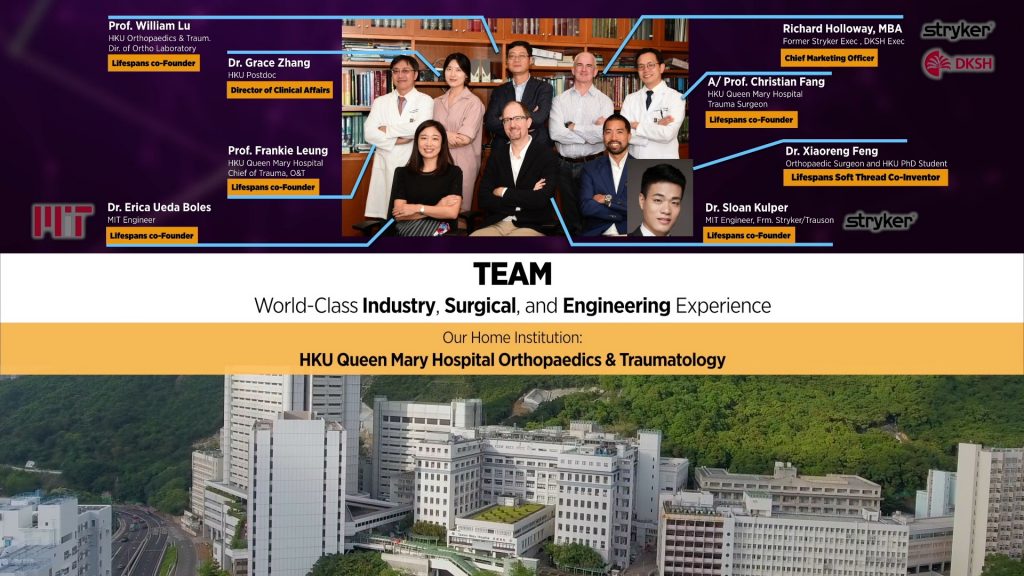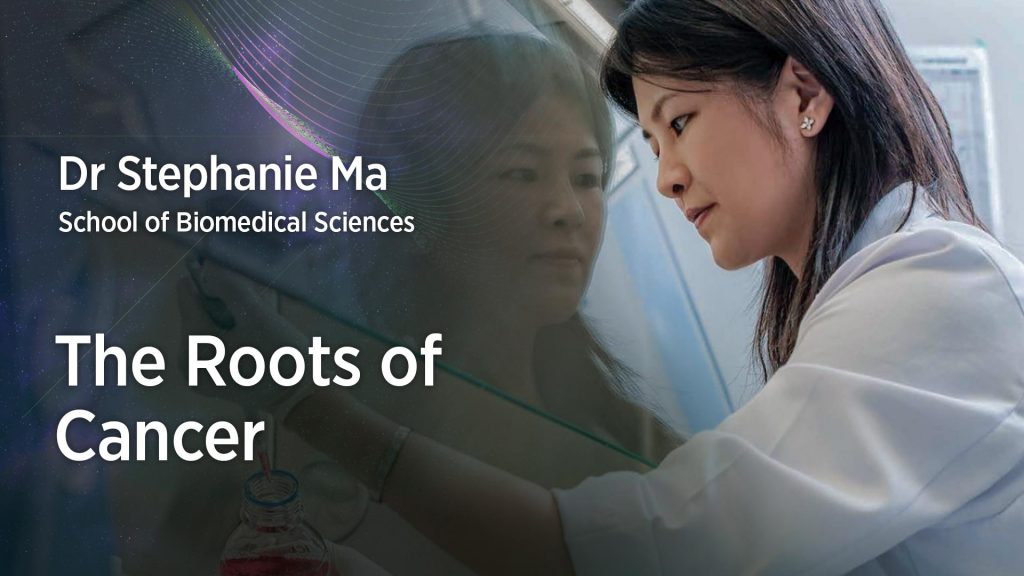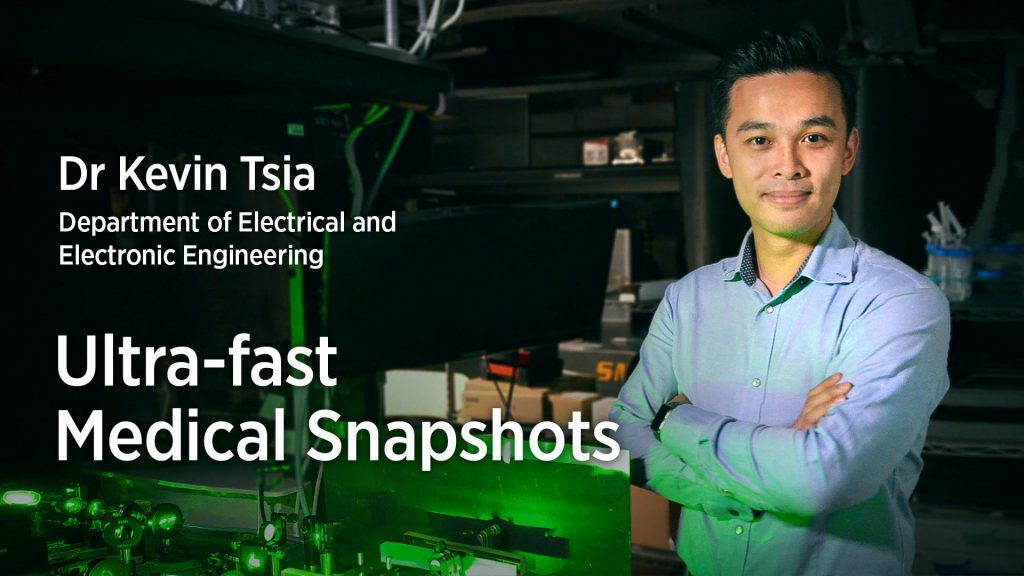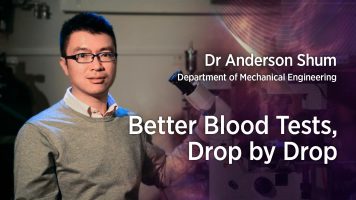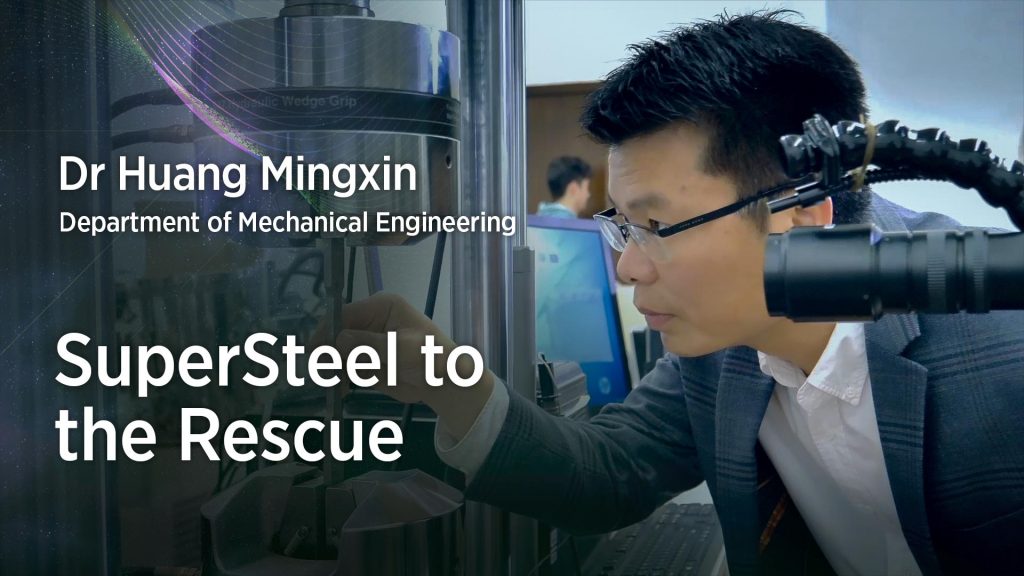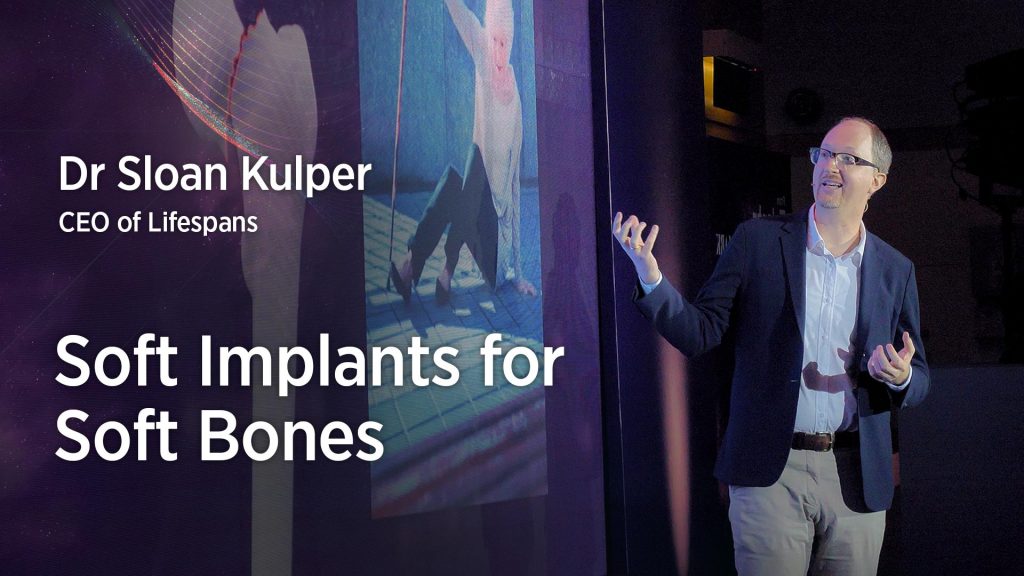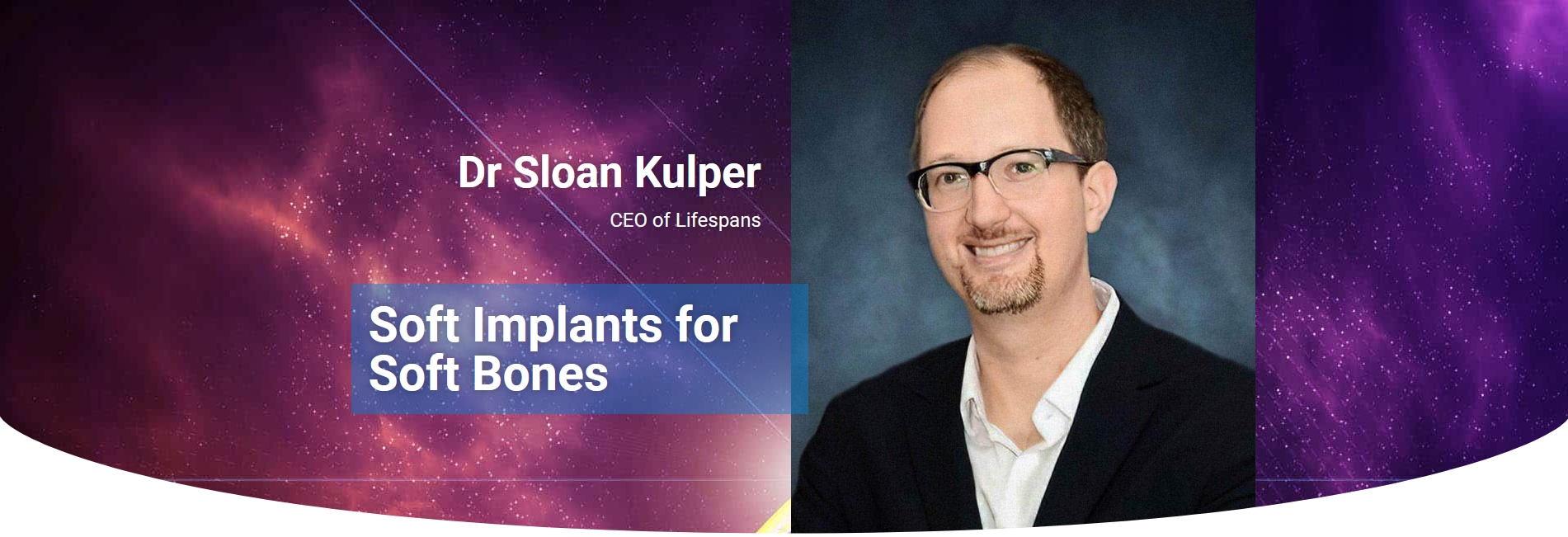
Soft Implants for Soft Bones
Dr Sloan Kulper (HKU PhD 2018)
CEO of Lifespans, a HKU spin-off company
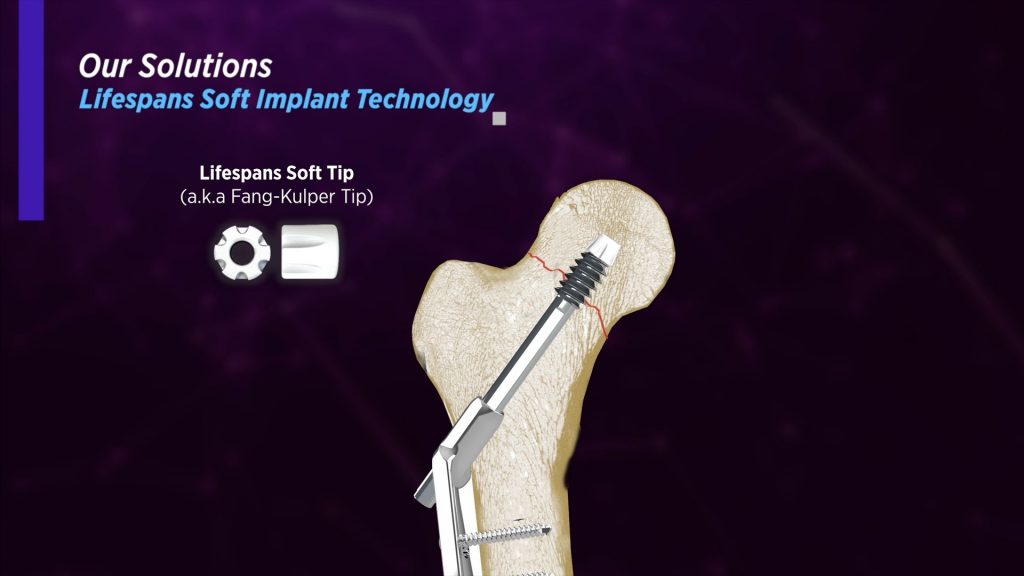
The history of innovation is full of accidents – dating back to when an apple fell on Sir Isaac Newton, inspiring him to discover gravity.
Lifespans, which develops orthopaedic implants, also had its “eureka” moment due to a mishap. “The idea for a ‘soft implant’ came from an accidental discovery in our lab,” said Dr Kulper. “A piece of biocompatible rubber that we were using for another purpose fell into the hole before inserting a bone screw design that we were testing in artificial elderly bone tissue. When we looked at the data, we found that result was really, really good! We were amazed when we discovered the little rubber cylinder hiding inside. This discovery kicked off years of research into how ‘soft implants’ could help cushion the soft bone tissue of patients with osteoporosis.”
Fractures, due to falls or accidents, are conventionally treated with rigid metal implants to fuse bone back together. However, this technique does not work as well on the weaker bones often found in the elderly.
“Over time, healthy bone in a younger adult can become 80% weaker in elderly patients with osteoporosis. That can affect 25% of people across genders – and 50% of women,” Dr Kulper explained. “What happens with loose, soft bone tissue is that the bone can just break right through that implant. It’s a little like if you take two pieces of soft tofu and stick them together on a chopstick. If you wiggle that tofu, it will fall through.”
The breakthrough of using “soft implants” could greatly improve quality of life in a rapidly aging society. “Look around the world at all the different physical activities people are still doing, as life is extended,” he said. “We have to ensure that life is high quality, too.”
Dr Kulper, an MIT-educated engineer who did his PhD at HKU, co-founded Lifespans with HKU academics and research scientists: Professor William Lu呂維加, Ng Chun-Man Professor in Orthopaedic Bioengineering; Professor Frankie Leung梁加利 (MBBS 1989); Assistant Professor Christian Fang方欣碩 (MBBS 2003); and Dr Erica Ueda Boles, all of the Department of Orthopaedics & Traumatology. The Lifespans team includes MIT engineers, medtech executives, and surgeons. Dr Xiaoreng Feng, a HKU PhD student, and Dr Grace Teng Zhang 張騰, a post-doctoral R&D project manager at HKU, serve as Lifespans’ advisor and director of clinical affairs, respectively.
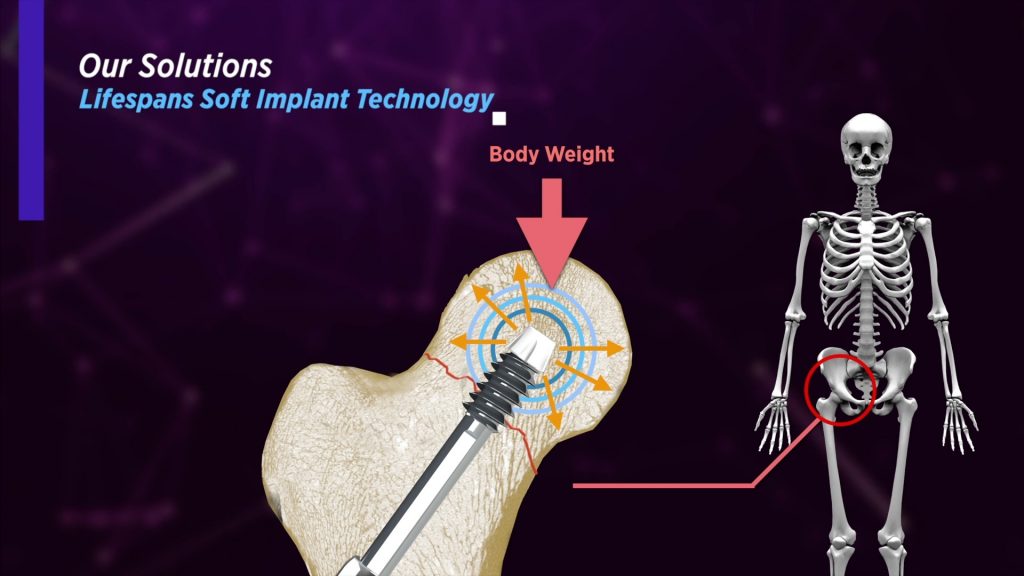
What next?
Lifespans is in the process of applying for regulatory approval around the world, including in the United States, the European Union, China, ASEAN and Australia.
Meanwhile, Lifespans continues to collaborate with the University on research. Dr Feng, for example, is working with Lifespans on “Soft Thread”, another innovation which could help treat fractures.
“Our goal is to bring this work to clinical practice – and into the world beyond,” Dr Kulper said.
